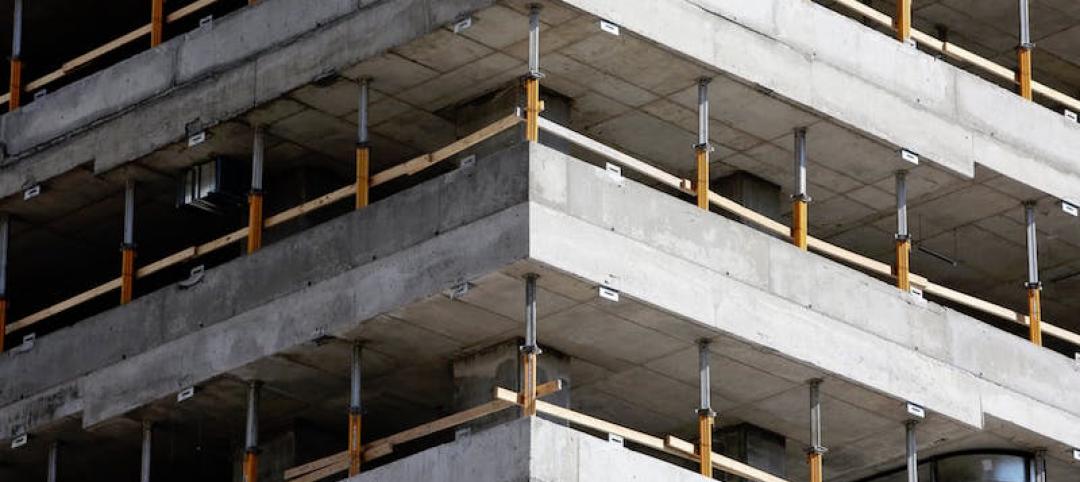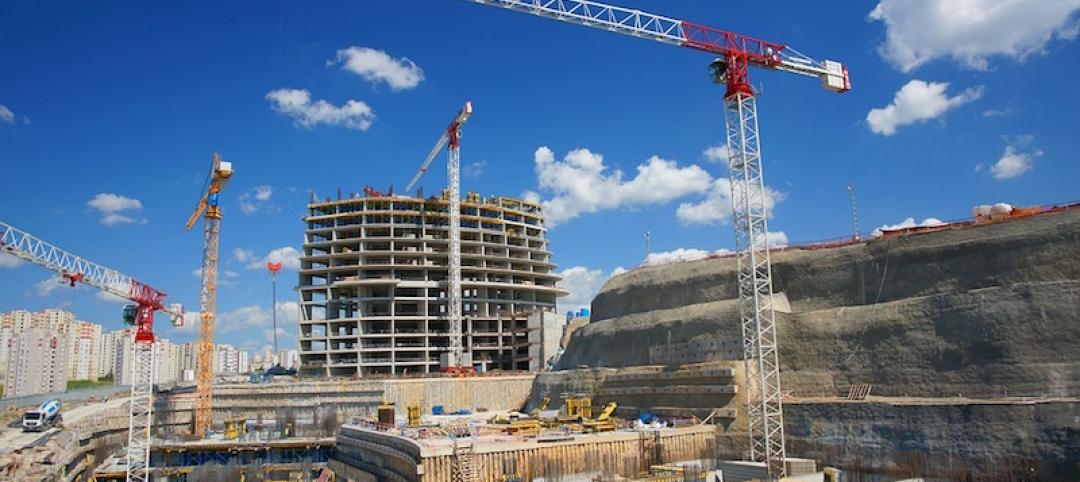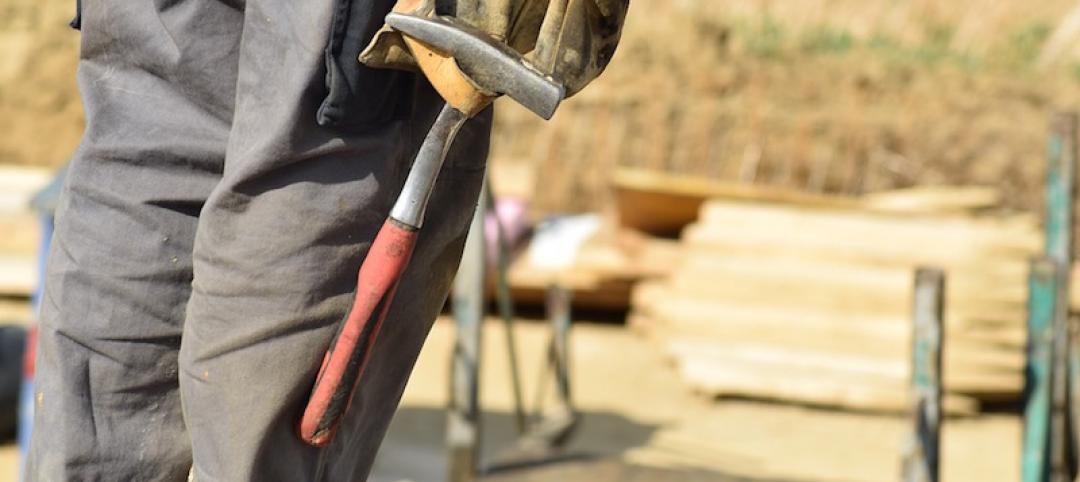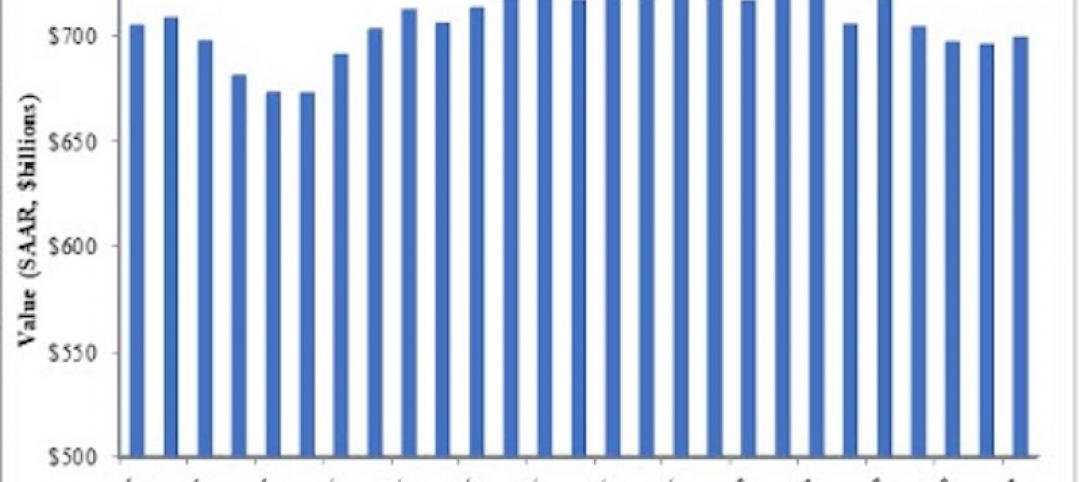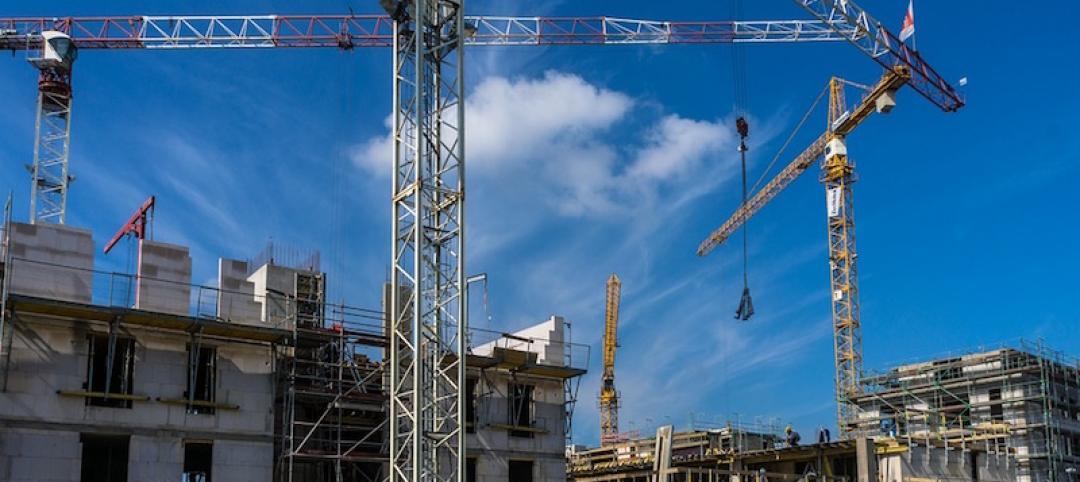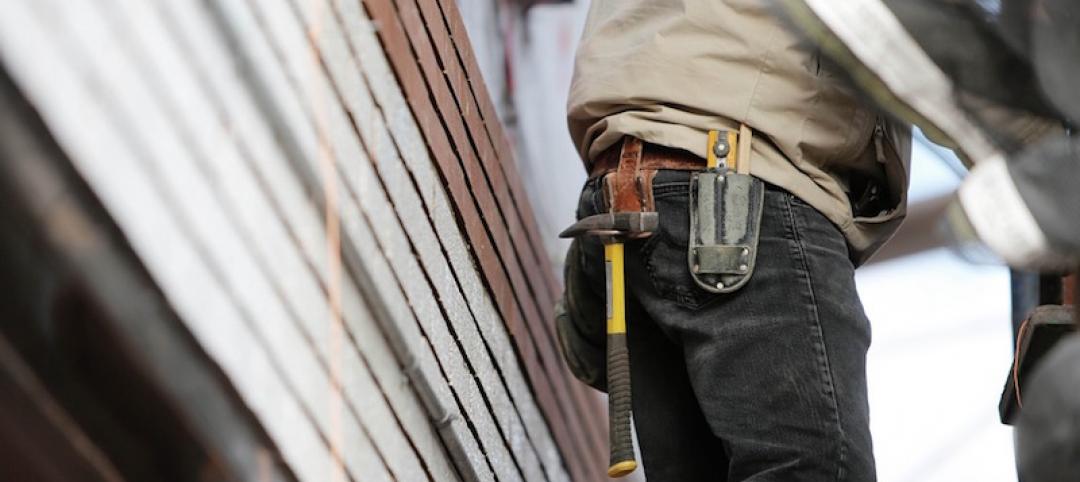President Trump and candidate Biden should establish and implement a nationwide plan for the distribution of approved coronavirus vaccines, the Associated General Contractors of America advised today in a letter to the two presidential candidates (Trump and Biden). Establishing such a nationwide plan will help avoid the confusion, delays and potential economic hardships that would result from delegating all responsibility to state and local officials.
“A thoughtful and comprehensive plan to rollout the ultimately approved vaccine for the coronavirus will ensure that the construction industry can continue to provide support for other critical sectors of the economy,” wrote Stephen E. Sandherr, the association’s chief executive office, in the letters to the two candidates. “There is the real potential that conflicting and confusing priorities at the state and local level will undermine the distribution process.”
Sandherr noted that one of the clear lessons to come out of the early response to the pandemic was that the distribution of essential medical supplies should not be completely delegated to the states. He noted that many of the association’s member firms struggled to locate essential personal protective equipment as states competed against each other to stockpile items like masks, hand sanitizers and gloves.
He cautioned that delegating all responsibility for the distribution of vaccines to the states would create similar problems. Instead, he urged federal officials to establish and implement a single federal plan for nationwide distribution of vaccines, just as it established and implemented a federal plan for their development. Such a nationwide plan would limit the risk of voluminous and conflicting guidelines at the state and local levels, Sandherr added.
The federal plan should also prioritize the rational distribution of vaccines, based on risk and need, to ensure that vaccinations are distributed to the same groups, in the same order, throughout the country. He suggested that the plan should begin with vulnerable populations, followed by essential workers who are at the greatest risk of infection, including first responders and health care workers. Construction workers should merit priority over other essential workers who have the option of working remotely, he added.
Sandherr also said a nationwide plan will mitigate the risk of public officials demanding that essential services like construction shut down until the vaccines are widely distributed. He noted that such shutdowns would inflict additional, needless, hardships on workers and their families. And the shutdowns would be in complete disregard of the widespread safety protocols that have been put in place to allow essential economic activities, like construction, to continue safely during the pandemic.
“The federal government and the private sector have gone to great lengths to facilitate the development of multiple vaccine candidates that will, hopefully, soon be approved and made available,” Sandherr noted. “The tremendous potential for this hard work and innovation to turn the country around will not, however, be realized if the subsequent distribution of vaccines is wholly delegated to state and local governments.”
Related Stories
Market Data | Nov 15, 2017
Architecture Billings bounce back
Business conditions remain uneven across regions.
Market Data | Nov 14, 2017
U.S. construction starts had three consecutive quarters of positive growth in 2017
ConstructConnect’s quarterly report shows the most significant annual growth in the civil engineering and residential sectors.
Market Data | Nov 3, 2017
New construction starts in 2018 to increase 3% to $765 billion: Dodge report
Dodge Outlook Report predicts deceleration but still growth, reflecting a mixed pattern by project type.
Market Data | Nov 2, 2017
Construction spending up in September; Down on a YOY basis
Nonresidential construction spending is down 2.9% on a year-over-year basis.
Market Data | Oct 19, 2017
Architecture Billings Index backslides slightly
Business conditions easing in the West.
Industry Research | Oct 3, 2017
Nonresidential construction spending stabilizes in August
Spending on nonresidential construction services is still down on a YOY basis.
Market Data | Sep 21, 2017
Architecture Billings Index continues growth streak
Design services remain in high demand across all regions and in all major sectors.
Market Data | Sep 21, 2017
How brand research delivers competitive advantage
Brand research is a process that firms can use to measure their reputation and visibility in the marketplace.
Contractors | Sep 19, 2017
Commercial Construction Index finds high optimism in U.S. commercial construction industry
Hurricane recovery efforts expected to heighten concerns about labor scarcities in the south, where two-thirds of contractors already face worker shortages.
Multifamily Housing | Sep 15, 2017
Hurricane Harvey damaged fewer apartments in greater Houston than estimated
As of Sept. 14, 166 properties reported damage to 8,956 units, about 1.4% of the total supply of apartments, according to ApartmentData.com.



